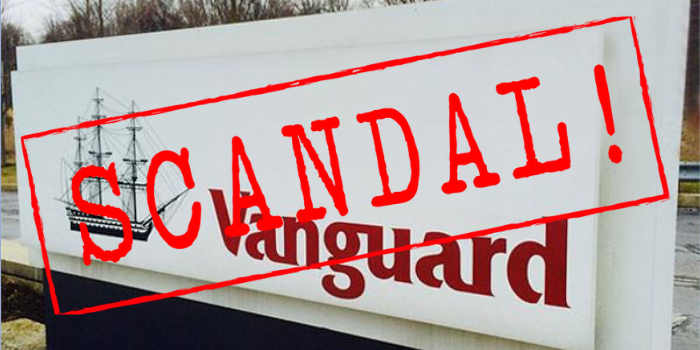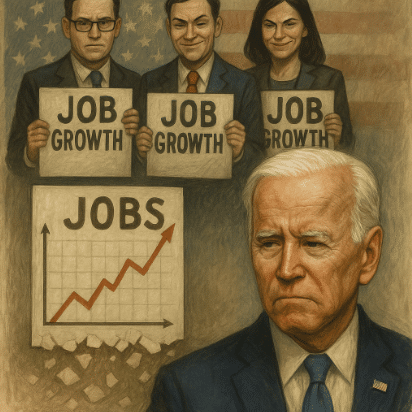
Vanguard Supervisor Stole More Than $2 Million From Deceased Clients
Who can you trust if even the most reputable institutions, revered for their trustworthiness, has proved to be dishonest?
What’s left to say when top industry leaders intentionally aim to mislead?
The Vanguard Group, a company known for its conservative investment approach and rock-solid ethos, has shown that even the most trusted institutions can easily turn on you.
Earlier this month, Scott Capps, a former Vanguard supervisor, and his brother-in-law Lance Tobin pled guilty for stealing more than $2 Million from inactive or dead customers’ accounts before the state treasurers can take hold of the unclaimed money.
Capps and Tobin were indicted by a federal grand jury last December on crimes of conspiracy to commit mail fraud, money laundering, and filing false tax returns.
Now they may be facing 46 years in prison, $2.1 Million in restitution, and a $1.25 million fine.
Vanguard calls this an isolated incident. They’re telling the public that for two years (between 2012 - 2014), they had no clue that one of their supervisors (Capps) was stealing employee passwords to draw checks on Vanguard accounts.
Quite possible. And quite inexcusable.
If investors glean any insight from this incident, it’s that no institution, no matter how reputable, should be given 100% trust.
Even if it happens to be an “isolated incident,” it isn’t necessarily an isolated mode of activity across the entire financial industry.
As says Elizabeth Loewy, Co-Founder and COO of Eversafe, a fintech organization that monitors financial fraud activity, “financial abuse – at the hand of financial services professionals who should be acting as fiduciaries – is a lot more common than you might think.”
And when financial fraud does take place, it tends to take place undetected for long periods of time.
How can fraudulent activity sustain itself for such long periods? It’s because they’re usually detected internally. But when financial fraud is happening at the higher levels of management, such activities are harder to detect and more difficult to expose.
Hence, an institution may be taking advantage of you for years before getting caught.
Many of the deceased customers whose dormant funds should have been turned over to the state treasurer had heirs who could have applied to get the money back.
Let’s just say that the heirs of the deceased had the right to put these funds to good use. Some might have really needed the funds.
Instead, the Vanguard supervisor made it his business to deny the heirs their sole right to claim the dormant funds that might have been transferred to them.
A Few Lessons to Learn From This Theft
When it comes to your wealth or the wealth of a loved one, hard-earned money is much more than a mere object; more than just a means to make transactions.
It represents a lifetime of work. It also represents a potential future; a means to afford a favorable lifestyle.
Behind the money is the person who made the money and the person (or people) it was meant to benefit. Money is personal.
To the financial institution, money is a mere object. A means to generate profit. The person behind the money is more or less immaterial.
Without this personal connection, there may be no sense of moral conscience... just ethics enforced by professional codes and regulations.
This is why financial institutions are traditionally not viewed as safe havens, no matter how trustworthy their reputation or how well-established their operation.
Money that you can’t see or can’t hold is money that you risk losing.
If you have a family member or loved one who is not capable of vigilantly reading his or her statements regularly, then you may want to suggest that he or she seek help from a trusted person who can assist.
Since banks or brokerages are more or less unavoidable these days, you may want to keep a good portion of your funds in private storage.
If you seek a safe haven to protect your funds from institutional deviances and to protect your purchasing power from the erosive effects of inflation, then you will want to convert a portion of your wealth to physical gold, and to store that gold privately.
It’s your hard-earned money. Protect it.











